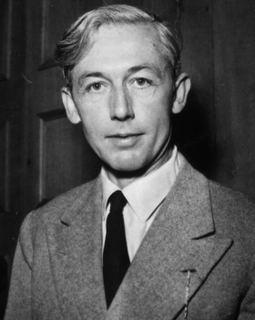A Quote by Eva Figes
Nothing comes back. The eye sees for a moment, the ear hears, but look, now it is gone.
Related Quotes
The ear participates, and helps arrange marriages; the eye has already made love with what it sees. The eye knows pleasure, delights in the body's shape: the ear hears words that talk about all this. When hearing takes place, character areas change; but when you see, inner areas change. If all you know about fire is what you have heard see if the fire will agree to cook you! Certain energies come only when you burn. If you long for belief, sit down in the fire! When the ear receives subtly; it turns into an eye. But if words do not reach the ear in the chest, nothing happens.
The human race sees with one eye, the male eye; hears with one ear, the male ear; and thinks with one half the human mind, the male mind. And the decisions we are making show we are not bringing to the agendas, and the questions and the problems of the world, all the resources of the world to solve them.
It is not the eye that sees the beauty of the heaven, nor the ear that hears the sweetness of music or the glad tidings of a prosperous occurrence, but the soul, that perceives all the relishes of sensual and intellectual perfections; and the more noble and excellent the soul is, the greater and more savory are its perceptions.
Only--but this is rare--
When a beloved hand is laid in ours,
When, jaded with the rush and glare
Of the interminable hours,
Our eyes can in another's eyes read clear,
When our world-deafen'd ear
Is by the tones of a loved voice caress'd--
A bolt is shot back somewhere in our breast,
And a lost pulse of feeling stirs again.
The eye sinks inward, and the heart lies plain,
And what we mean, we say, and what we would, we know.
A man becomes aware of his life's flow,
And hears its winding murmur; and he sees
The meadows where it glides, the sun, the breeze.
For these beings, fall is ever the normal season, the only weather, there be no choice beyond. Where do they come from? The dust. Where do they go? The grave. Does blood stir their veins? No: the night wind. What ticks in their head? The worm. What speaks from their mouth? The toad. What sees from their eye? The snake. What hears with their ear? The abyss between the stars. They sift the human storm for souls, eat flesh of reason, fill tombs with sinners. They frenzy forth. Such are the autumn people.
I suspect we have internal senses. The mind's eye since Shakespeare's time has been proverbial; and we have also a mind's ear. To say nothing of dreams, one certainly can listen to one's own thoughts, and hear them, or believe that one hears them: the strongest argument adducible in favour of our hearing any thing.
Words are substance strange. Speak one and the air ripples into another's ears. Write one and the eye laps it up. But the sense transmutes, and the spoken word winds through the ear's labyrinth into a sense that is no longer the nerve's realm. The written word unfolds behind the eye into the world, world's image, and the imagination sees as the eye cannot see-thoughtfully.
The ear is profound, whereas the eye is frivolous, too easily satisfied. The ear is active, imaginative, whereas the eye is passive. When you hear a noise at night, instantly you imagine its cause. The sound of a train whistle conjures up the whole station. The eye can perceive only what is presented to it.


































